The American Civil War was the largest ever fought on American soil and remains the war that claims the title of the bloodiest war in American History.
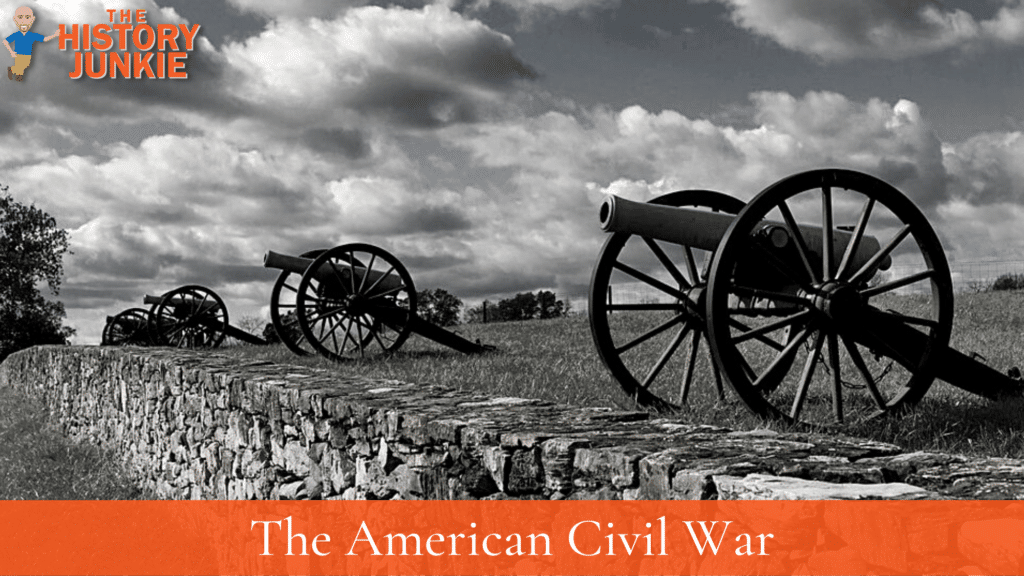
It would put friends against friends, brother against brother, and even fathers against sons. The war seemed inevitable, with many Presidents kicking the can down the road with compromises.
There would be new heroes that would fill the history books for the North and South. These Civil War Generals would become famous and dominate the political landscape.
Jump to:
- Common Questions
- #1. John Brown Lit The Fuse That Would Lead To The Civil War
- #2. Southern States Began To Secede After Abraham Lincoln Won The Election
- #3. The Firing On Fort Sumter Officially Began The Civil War
- #4. The Union Blockade Would Never Be Broken
- #5. The Battle of Gettysburg Was The Turning Point Of The War
- #6. The South Had Excellent Leadership In The East
- #7. Sherman's March To The Sea Destroyed Much Of The Southern Economy
- #8. Ulysses S. Grant Knew How To Defeat Robert E. Lee
Common Questions
What Was The American Civil War?
It was a war between the Northern states and the Southern states over the issue of slavery.
Why Was The American Civil War Fought?
The main reason for the war was to free the slaves. Some argue that it was for states' rights, but it begs the question, A state's right to do what? Slavery had been an issue since the American Revolution, 80 years prior to the Civil War being fought.
Who Won The American Civil War?
The North won the war and ended slavery.
When Was The American Civil War?
It Began on April 12, 1861 - April 9, 1865
How Many Slaves Were There In The South During The American Civil War?
Numbers vary, but approximately 4 million slaves
#1. John Brown Lit The Fuse That Would Lead To The Civil War
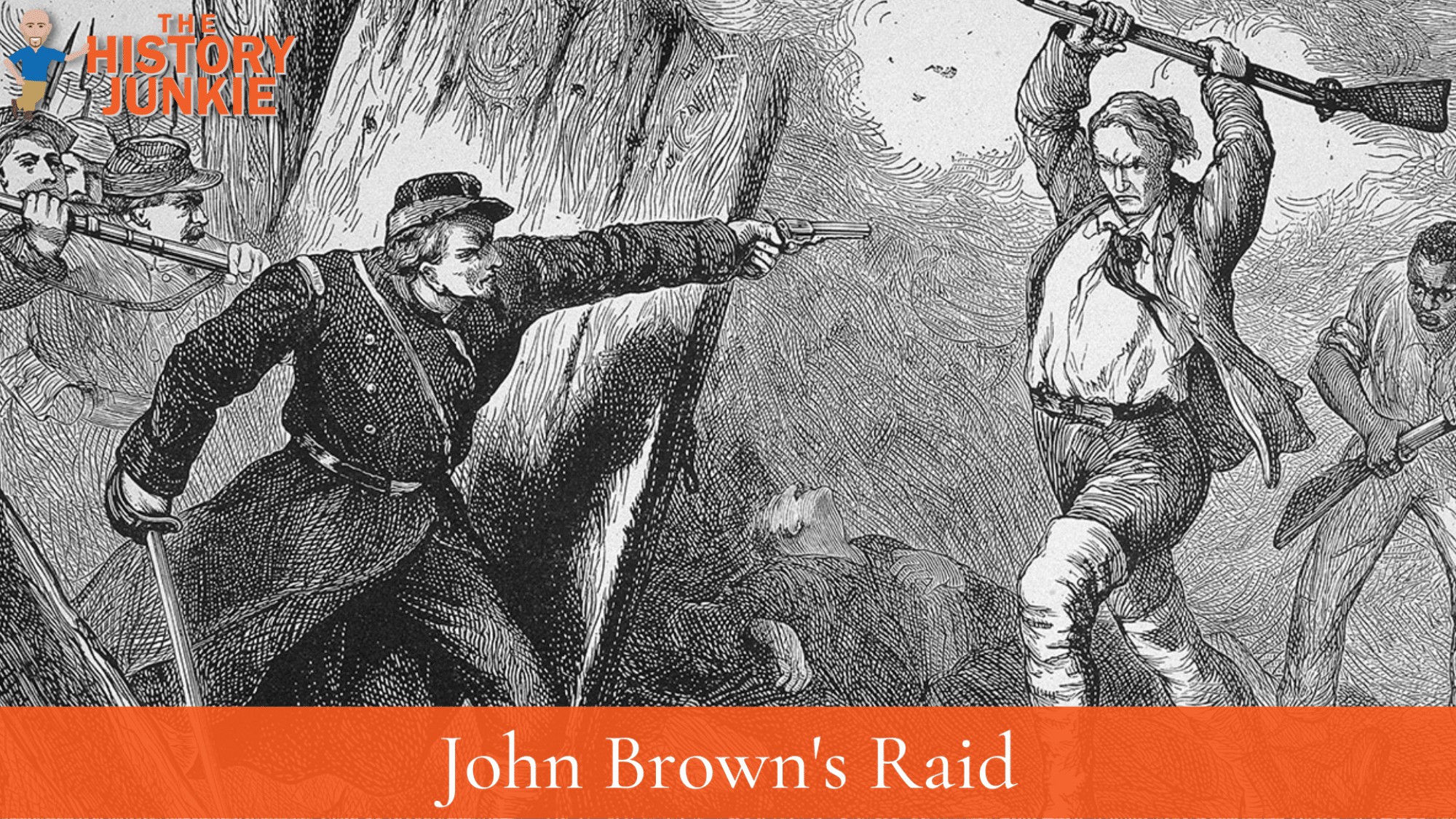
John Brown died two years prior to the first shots being fired in the Civil War, but his actions in 1859 would set in motion a series of events that made many realize it would be impossible to reconcile without the shed of blood.
John Brown's Raid took place in Kansas and lead to the deaths of 10 of his men and his capture. He did not want Kansas to become a slave state and was willing to use vigilante justice to try and stop it from happening.
It would end with his being executed, but his actions would further divide Americans and push them closer to war.
#2. Southern States Began To Secede After Abraham Lincoln Won The Election
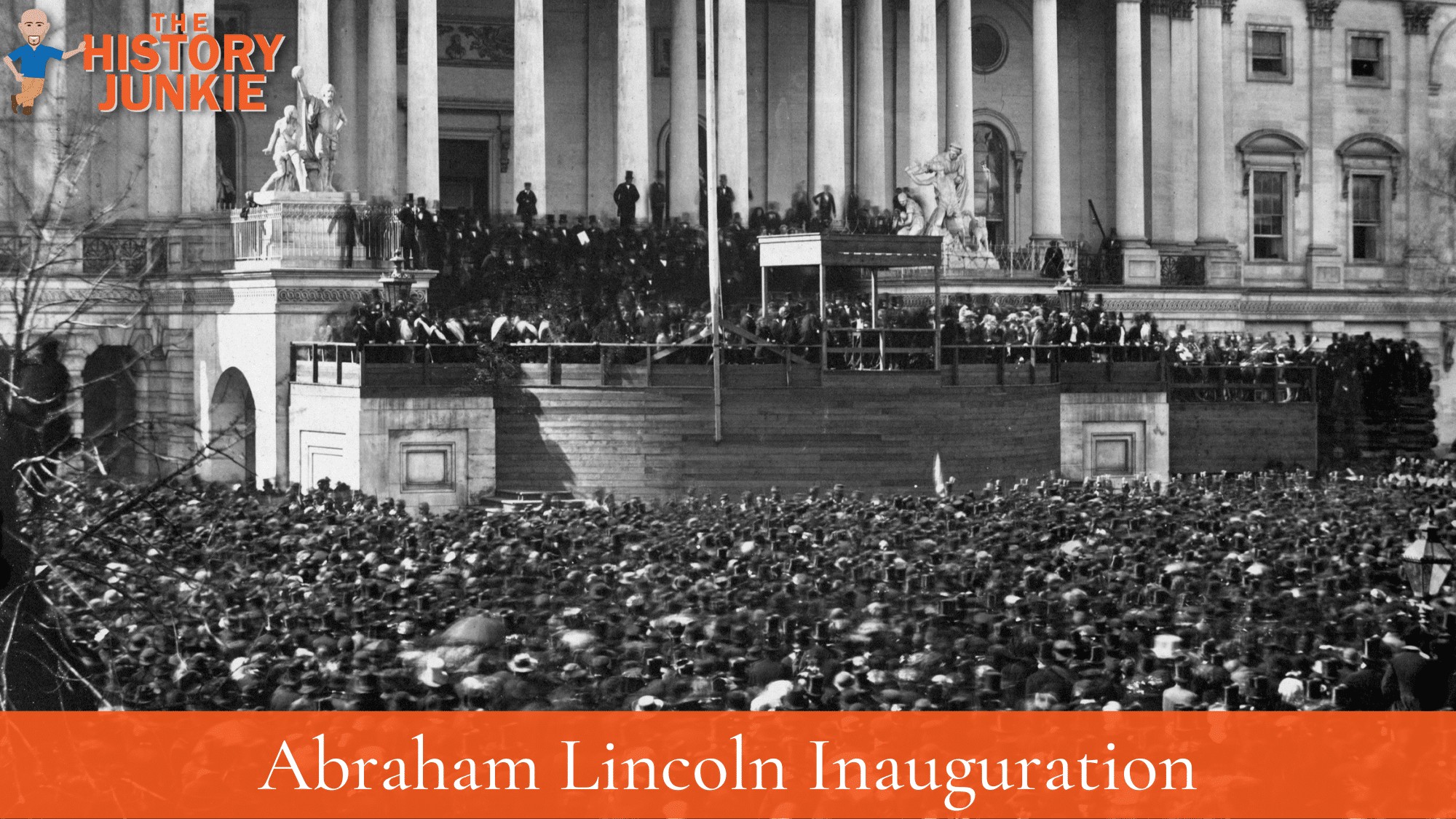
After Abraham Lincoln won the Election of 1860, southern states reacted by beginning to secede from the Union and form the Confederate States of America. They would elect Jefferson Davis to be their President.
Lincoln won the presidency after the election was held on November 6, 1860, but would not take office until March 4, 1861. During this time, President James Buchanan's inaction to use the Federal government to halt secession allowed southern states to secede and militarize.
Here is the order and dates the states seceded:
- South Carolina - December 20, 1860
- Mississippi - January 9, 1860
- Florida - January 10, 1861
- Alabama - January 11, 1861
- Georgia - January 19, 1861
- Louisiana - January 26, 1861
- Texas - February 1, 1861
- Virginia - April 17, 1861
- Arkansas - May 6, 1861
- North Carolina - May 20, 1861
Missouri and Kentucky attempted to secede, but their pro-union state government blocked it.
Prior to Lincoln ever taking office, 7 states had seceded from the Union.
#3. The Firing On Fort Sumter Officially Began The Civil War
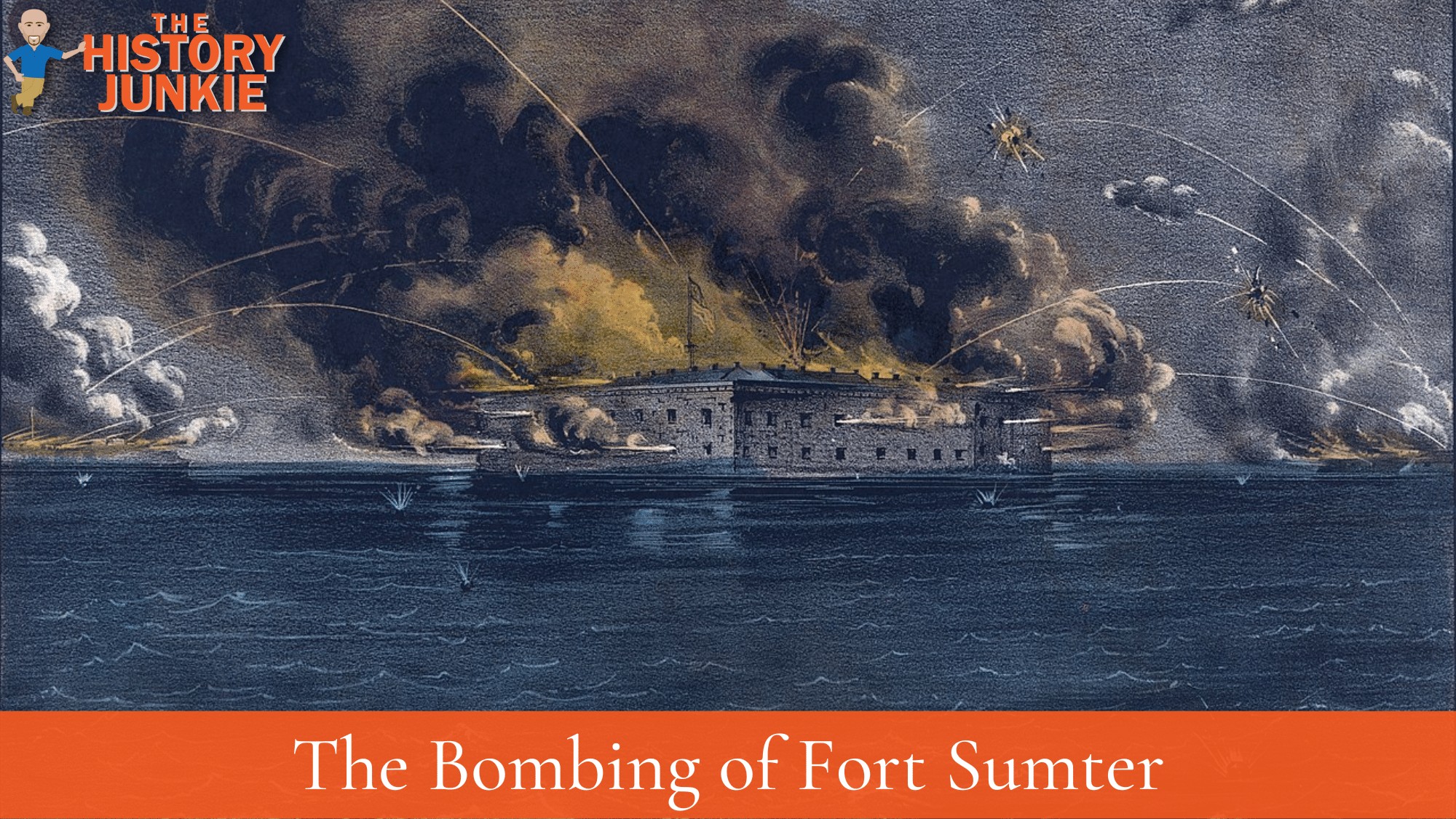
On April 12, 1861, The Confederates fired on Fort Sumter, which would mark the beginning of the Civil War. The fort would fall within a day, and the Confederacy would gain its first victory.
The reaction throughout the North was an immediate call to action. Lincoln called on 75,000 men to volunteer. The state of Ohio alone met that standard within 16 days.
The war was inevitable, and many believed it would be a quick war with few deaths. Obviously, that would not be the case.
#4. The Union Blockade Would Never Be Broken
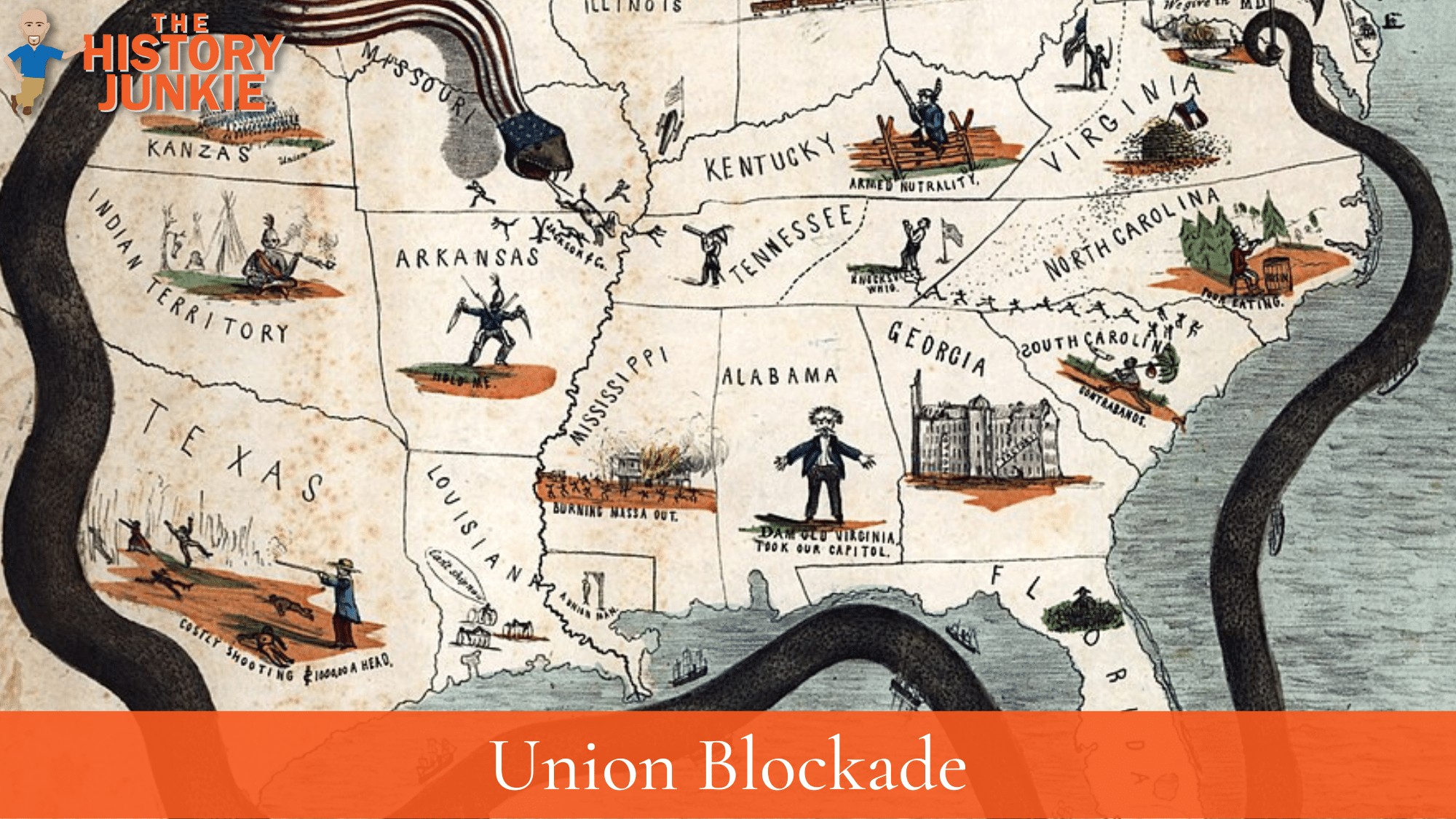
Winfield Scott, a hero from the War of 1812, devised a plan to break the South's economy by enforcing a blockade that would choke them.
He planned to use the Union's superior navy to block every port in the south and eventually control the Mississippi River. If this strategy was executed, then it would cut the South in half.
The plan would be fully implemented when Ulysses S. Grant took control of Vicksburg and completed the snake. With the South choked off, the Union would need to defeat Robert E. Lee's army to crush the remaining morale.
#5. The Battle of Gettysburg Was The Turning Point Of The War
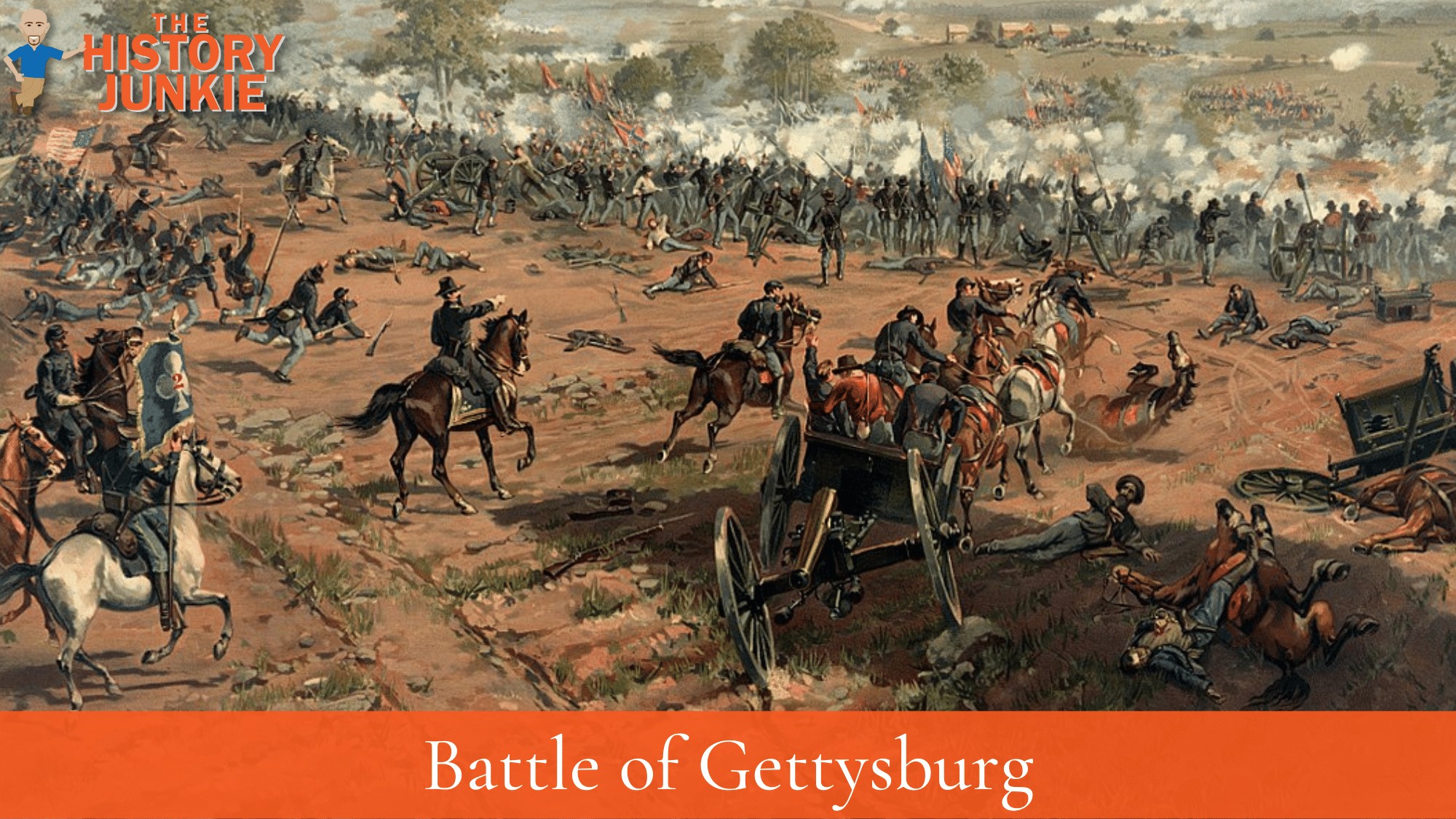
With President Lincoln vulnerable to being a one-term President, Robert E. Lee knew that if he could strike a victory on Union soil, then he may bring the North into recognizing the Confederacy.
The battle would take place in Gettysburg on July 1 - 3, 1863, and would result in the bloodiest conflict of the war. The South seemed to win the first day but was unable to take the high ground.
The second day was a Union victory with their heroics at the Little Round Top. The third day was a complete disaster for Lee and the Confederates when Pickett's Charge was soundly defeated and forced to retreat.
General George Meade did not pursue the invading army, which allowed Lee to cross back over into the Confederacy.
The victory, coupled with Grant's takeover of Vicksburg, sealed the South's fate and raised Lincoln's approval in the North. He would win the election of 1864 easily against his rival George McClellan.
Read Article: Famous Civil War Generals
#6. The South Had Excellent Leadership In The East
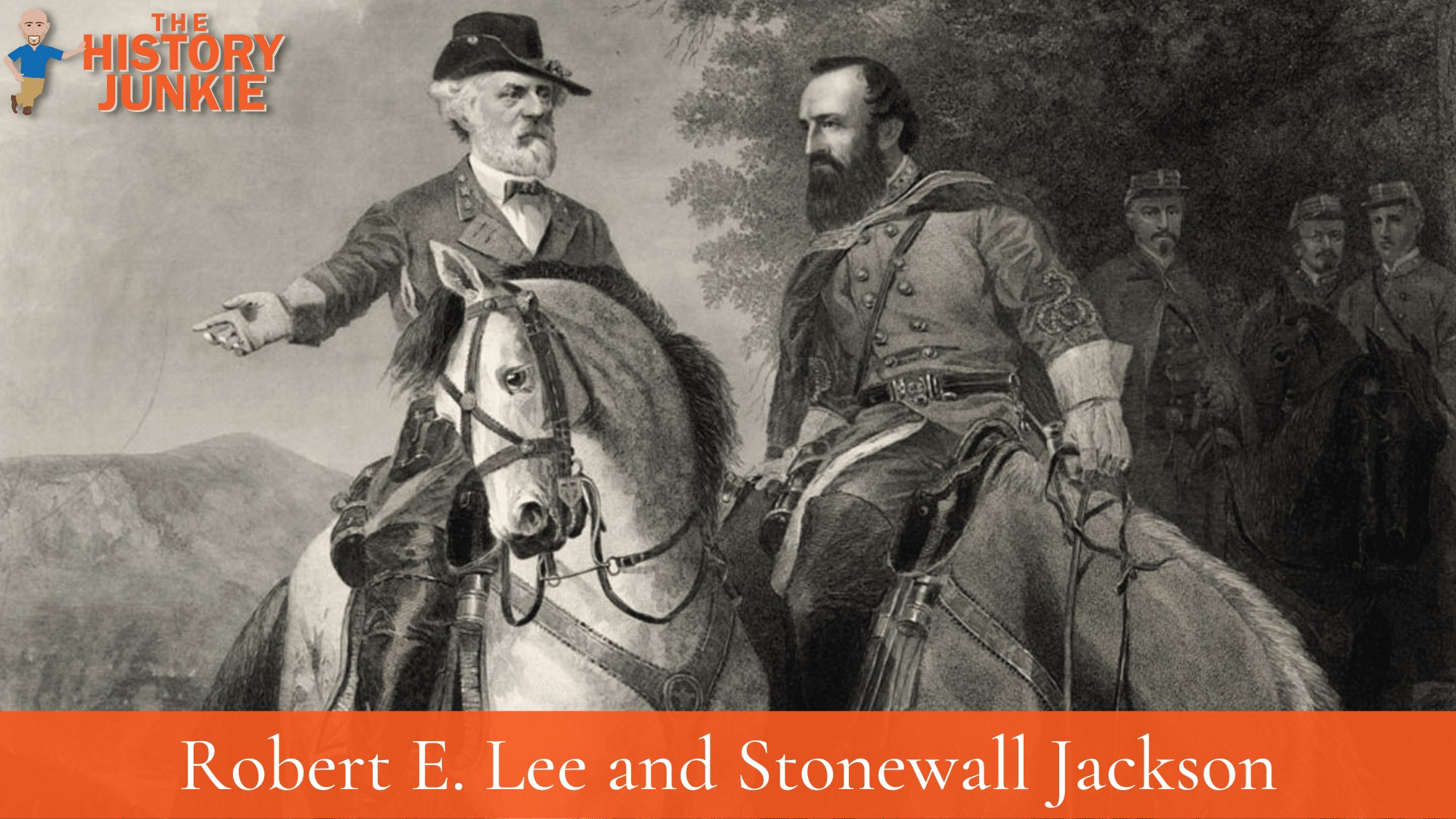
Despite the misguided reason for the war, the South did have some great commanders, but none were greater than Robert E. Lee and Stonewall Jackson.
Before the war, Robert E. Lee was given the option to command the Union troops. He did not take it and joined the Confederacy, saying that he could not fight against his home state. He was an aggressive commander who had a keen sense of his enemy.
He was an excellent tactician and brought the fight to reluctant Union leaders until he met Ulysses S. Grant.
Stonewall Jackson was a key general during the first two years of the war. He saw success at the First Battle of Bull Run, The Valley Campaign, The Peninsula Campaign, The Second Battle of Bull Run, Fredericksburg, and Chancellorsville.
Unfortunately, as he was returning to his camp at the end of Chancellorsville, he was shot by friendly fire that mistook him for a Yankee.
He died May 10, 1863, just two months before the Battle of Gettysburg.
#7. Sherman's March To The Sea Destroyed Much Of The Southern Economy
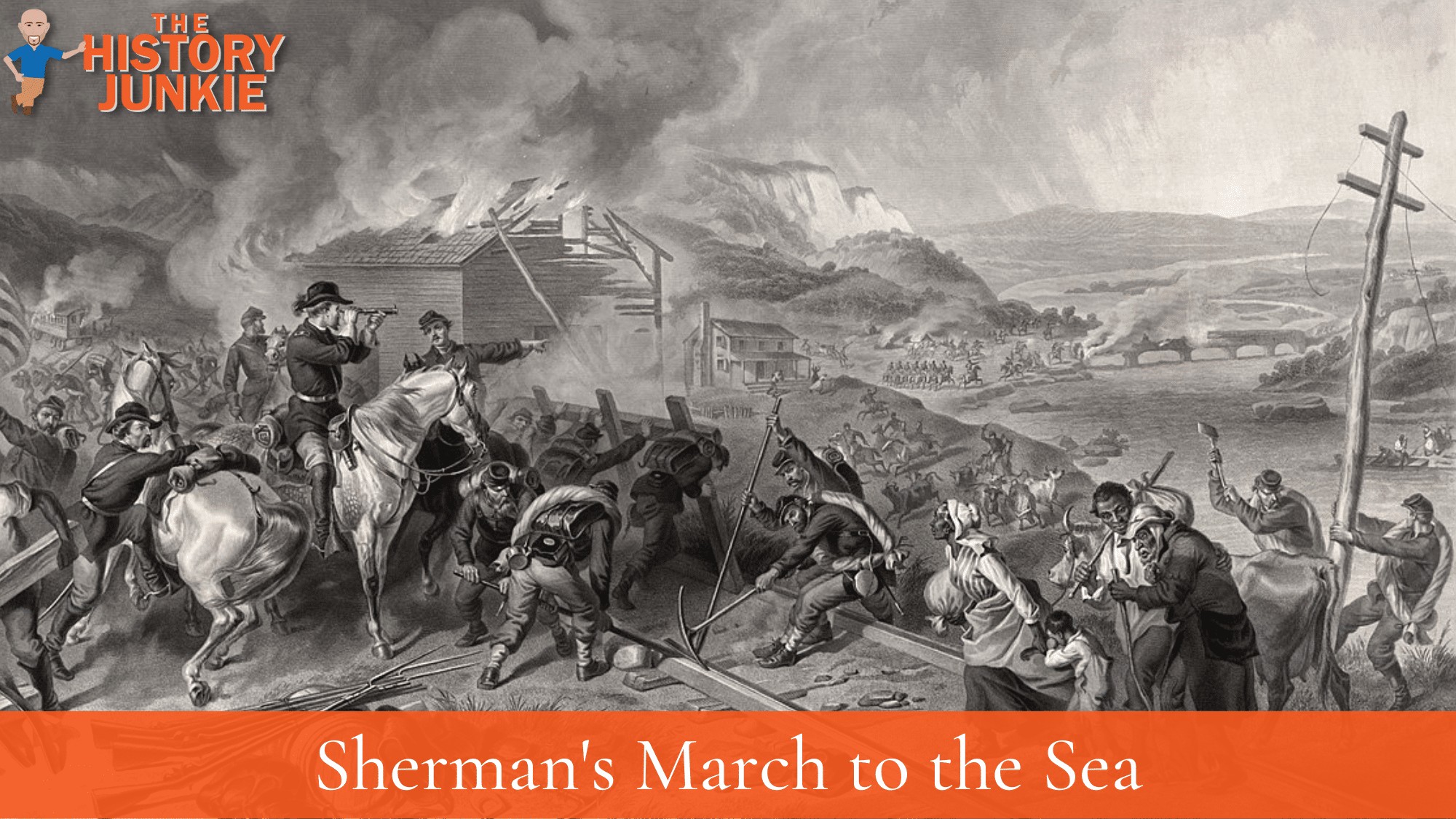
General William T. Sherman launched a march into Southern territory with the mission to take the war to the Southern people to show them how devastating it was. On his way to the sea, he burned plantations and freed slaves and supply chains.
The march began in Atlanta and planned to march to Savannah. During his march, he did not have communication with anyone outside of his army and only supplied his army with what he found from the land. He employed total war on the South.
To this day, many in the South revile the name of Sherman. It is estimated that the damages done to the Southern economy did not recover until 1920.
#8. Ulysses S. Grant Knew How To Defeat Robert E. Lee
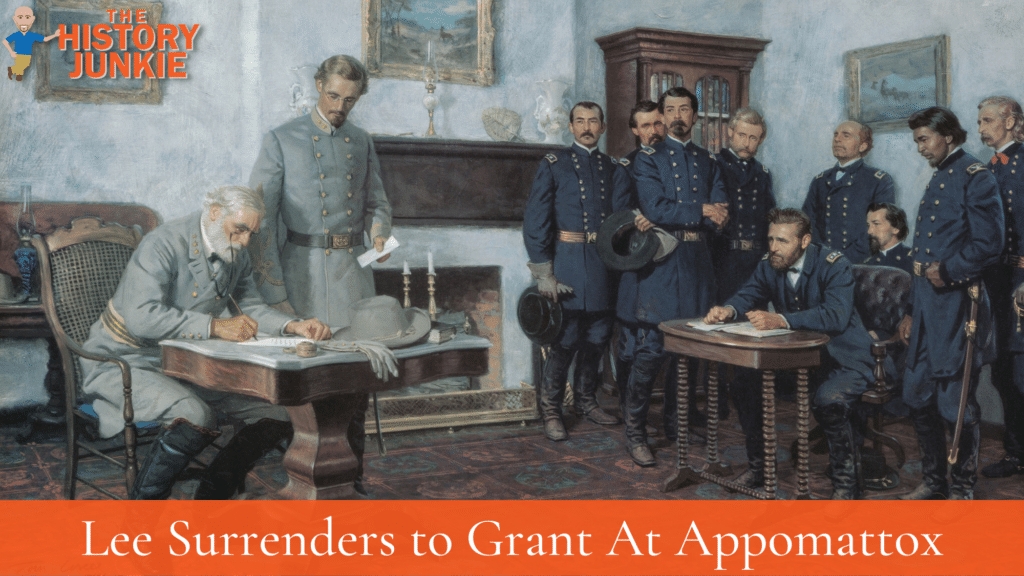
Abraham Lincoln could never find a general equal to Lee. They were usually timid or incompetent, and Lincoln would fire them in search of someone who could challenge the great General of the South.
After Grant's successful Vicksburg Campaign, he was given command of the Army of the Potomac. Once in power, he employed a relentless strategy against Lee.
He never stopped attacking, and he always stayed on the move. He knew that if he inflicted 100 casualties, Lee would have a harder time replacing them than he would.
He had better supply lines, quicker transportation, and knowledge that Lee was running out of options.
It came to an end at Appomattox when Robert E. Lee surrendered the Army of Northern Virginia to Grant. Grant gave favorable terms to the enemy army.
Lincoln's assassination occurred shortly after, and the nation would begin Reconstruction under the terrible leadership of Andrew Johnson.
It would be Ulysses S. Grant who would win the election in 1868 to begin to repair the country.
